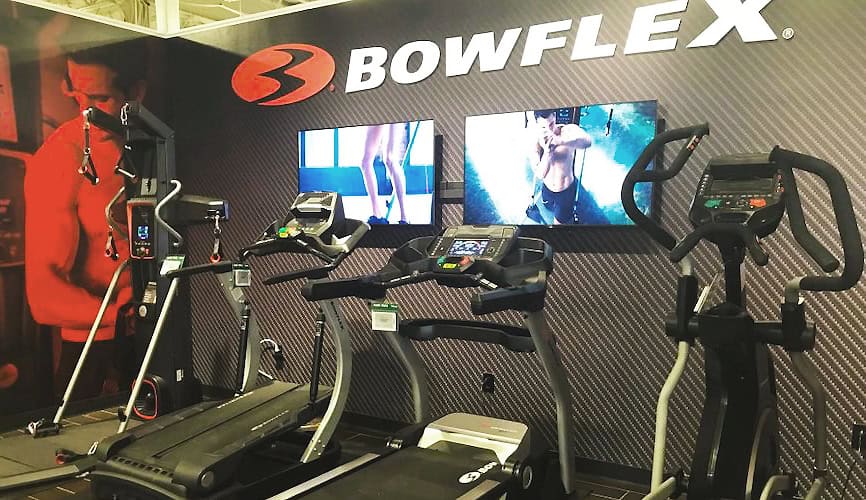
Nautilus Inc. (NLS) had a rough trading day for Monday December 02 as shares tumbled 5.56%, or a loss of $-0.08 per share, to close at $1.36. After opening the day at $1.46, shares of Nautilus Inc. traded as high as $1.46 and as low as $1.33. Volume was 739,206 shares over 3,060 trades, against an average daily volume of n/a shares and a total float of 29.73 million.
As a result of the decline, Nautilus Inc. now has a market cap of $40.43 million. In the last year, shares of Nautilus Inc. have traded between a range of $13.29 and $1.20, and its 50-day SMA is currently $n/a and 200-day SMA is $n/a.
Nautilus Inc develops and markets athletic equipment. The company designs home-fitness equipment that it sells under the Bowflex brand name. The company operates in two segments, Direct and Retail. In addition, Nautilus Group designs fitness equipment, knees and wrist wraps, dumbbells, hand grips, ankle and wrist weights, workout mats, and jump ropes that it markets under the Nautilus brand name. It is also developing beds that are sold under the Instant Comfort and Nautilus Sleep Systems labels. The company markets its products through the Internet, television infomercials, direct mail, and distributors.
Nautilus Inc. is based out of Vancouver, WA and has some 460 employees. Its CEO is James Barr.
Nautilus Inc. is a component of the Russell 2000. The Russell 2000 is one of the leading indices tracking small-cap companies in the United States. It’s maintained by Russell Investments, an industry leader in creating and maintaining indices, and consists of the smallest 2000 stocks from the broader Russell 3000 index.
Russell’s indices differ from traditional indices like the Dow Jones Industrial Average (DJIA) or S&P 500, whose members are selected by committee, because they base membership entirely on an objective, rules based methodology. The 3,000 largest companies by market cap make up the Russell 3000, with the 2,000 smaller companies making up the Russell 2000. It’s a simple approach that gives a broad, unbiased look at the small-cap market as a whole.


